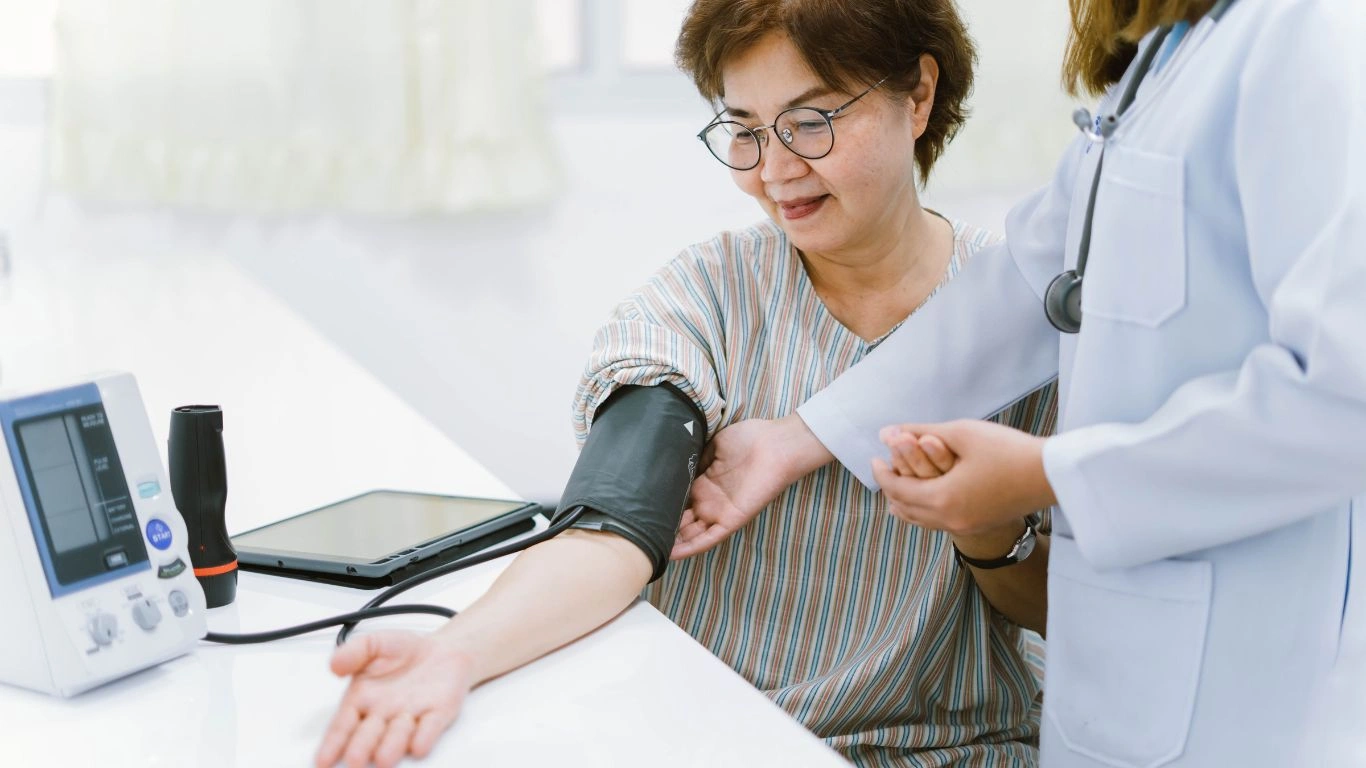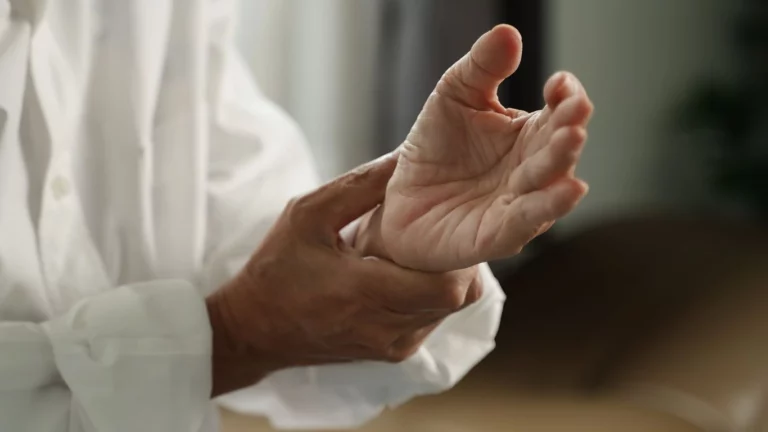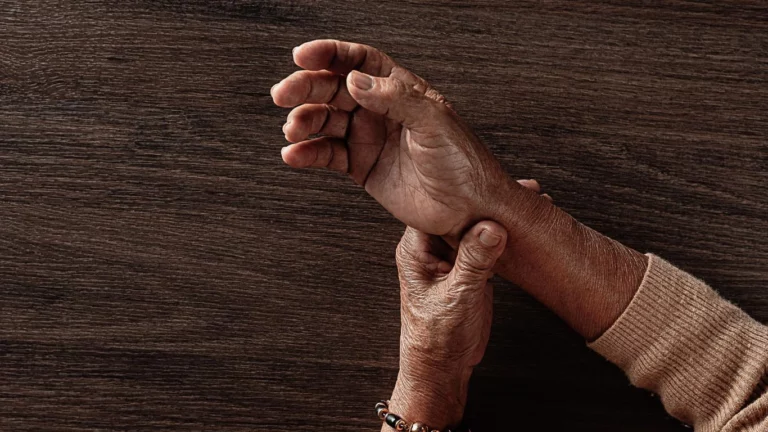Caffeine and Its Impact on Blood Pressure: What You Need to Know
Wondering how your daily cup of coffee impacts your blood pressure? Whether you love it or just need it to get through the day, caffeine’s effect on blood pressure is something that everyone should understand.
What is Caffeine?
Before we dive into how caffeine affects your blood pressure, it’s important to understand exactly what caffeine is. Caffeine is a natural stimulant that comes from coffee beans, tea leaves, and some other plants. It’s the reason why that morning cup of coffee or tea can make you feel more alert and awake.
How Does Caffeine Affect Blood Pressure?
Short-Term Effects
After drinking a caffeinated beverage, many people experience a temporary increase in blood pressure. This happens because caffeine causes your heart rate to speed up, and it can also cause your blood vessels to constrict slightly. The result? A temporary spike in blood pressure.
Long-Term Effects
When it comes to long-term effects, the picture becomes a bit more complicated. For most people who consume caffeine regularly, their bodies adapt over time, and the spike in blood pressure may become less pronounced. However, for some people—especially those who are sensitive to caffeine—this long-term effect can contribute to sustained high blood pressure (hypertension).
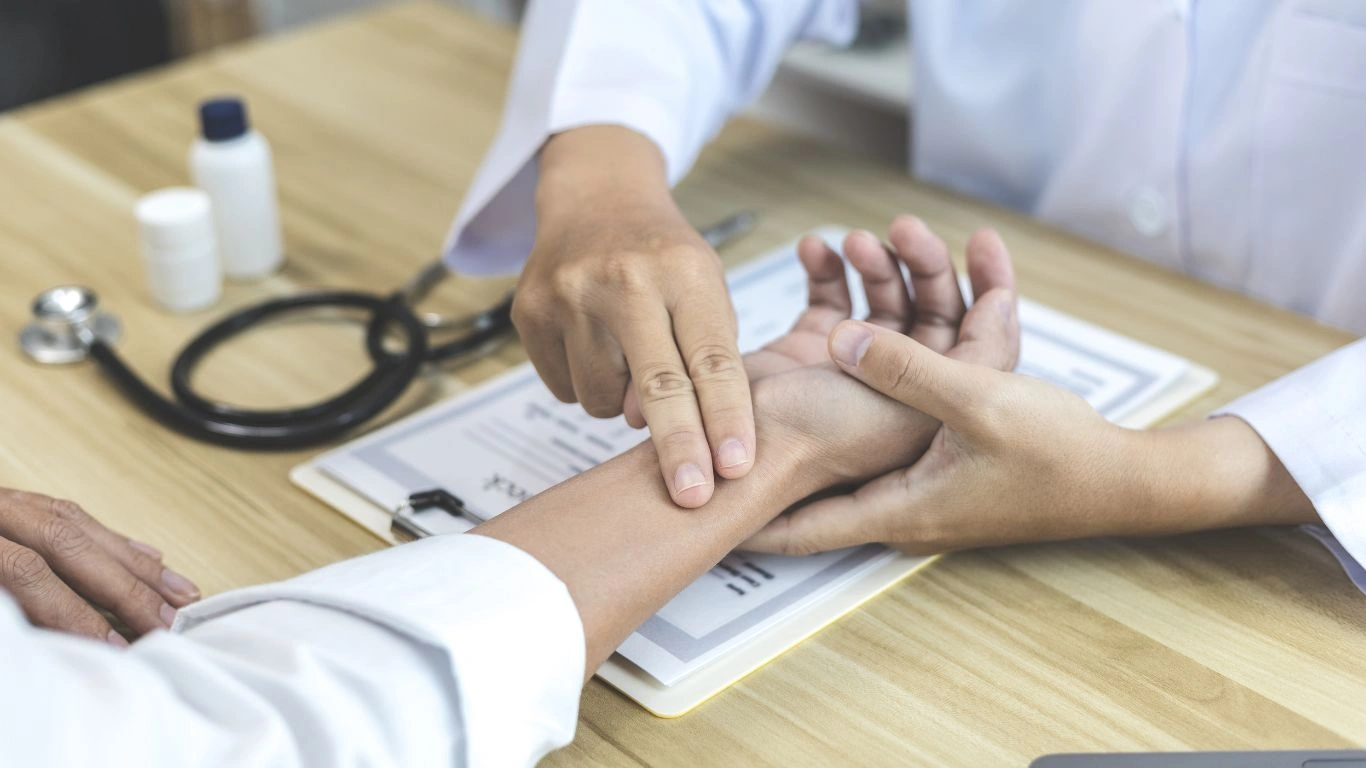
Who Should Be Concerned About Caffeine and Blood Pressure?
People with High Blood Pressure
If you have hypertension (high blood pressure), you might want to cut back on caffeine. Even though the effects of caffeine on blood pressure are typically temporary, they could still lead to spikes that might pose risks for heart health, especially over time. It’s best to talk to your doctor about how much caffeine is safe for you.
People Who Are Sensitive to Caffeine
Some people are more sensitive to caffeine than others. If you find that even a small amount of coffee or tea makes you jittery or gives you a headache, this could be an indication that caffeine is affecting your blood pressure more significantly. For these individuals, cutting down on caffeine or switching to decaf might be a better option.
Pregnant Women
Pregnant women are advised to limit their caffeine intake as it can increase blood pressure and affect the development of the baby. If you’re pregnant or planning to be, it’s best to talk to your healthcare provider about your caffeine consumption.
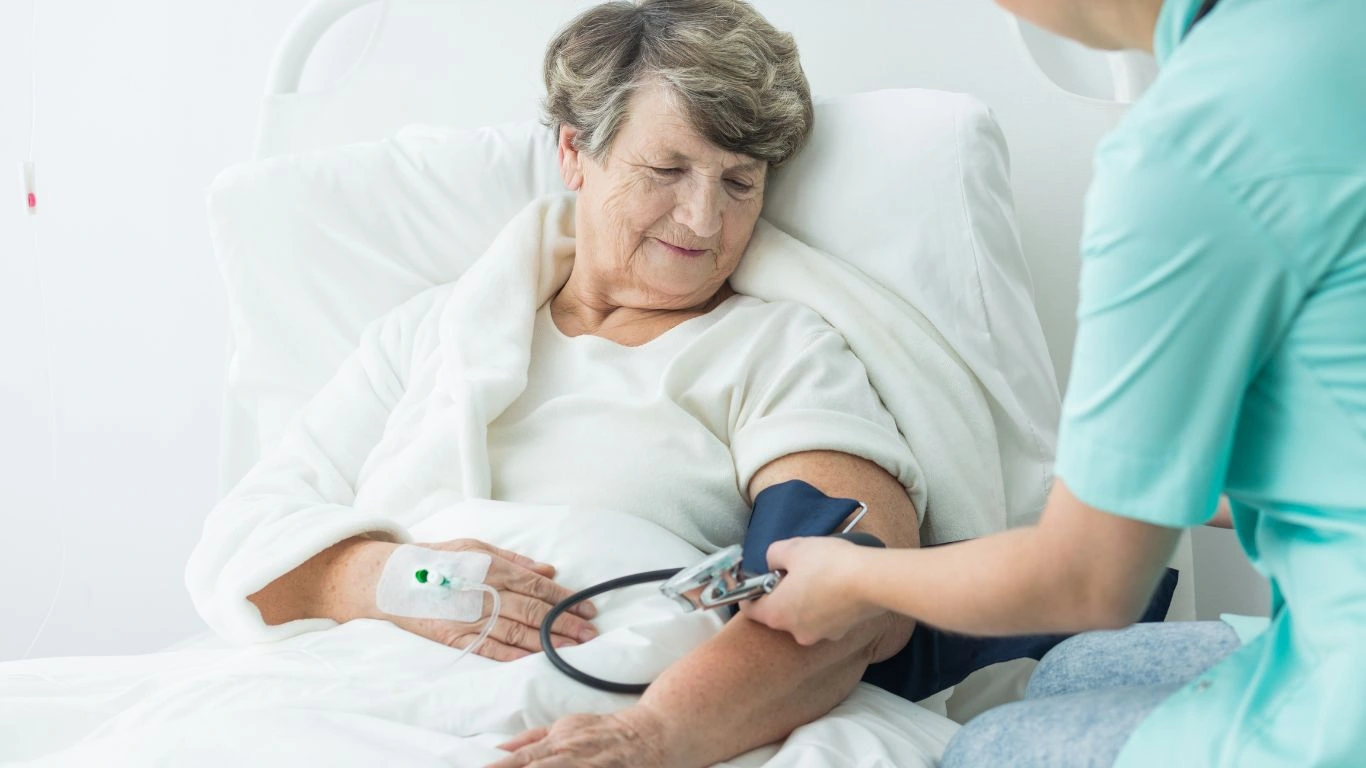
How Much Caffeine is Safe?
For Healthy Adults
The general recommendation is that most healthy adults can safely consume up to 400 milligrams of caffeine per day—roughly the amount in four 8-ounce cups of brewed coffee. This amount is unlikely to have any significant long-term effects on blood pressure for most people.
For People with High Blood Pressure
If you have high blood pressure, it’s a good idea to limit your caffeine intake to 200 milligrams per day or less—about two 8-ounce cups of coffee. You may also want to experiment with decaffeinated beverages or other lower-caffeine options like herbal tea.
Can You Still Enjoy Caffeine If You Have High Blood Pressure?
Yes, you can still enjoy caffeine even if you have high blood pressure, but moderation is key. By being mindful of how much caffeine you consume and paying attention to how your body responds, you can keep your blood pressure in check.
Additionally, if you’re someone who enjoys coffee or tea but wants to reduce the impact on your blood pressure, consider switching to decaffeinated versions. You’ll still get the comfort and warmth of your favorite beverages without the caffeine-induced spike in blood pressure.
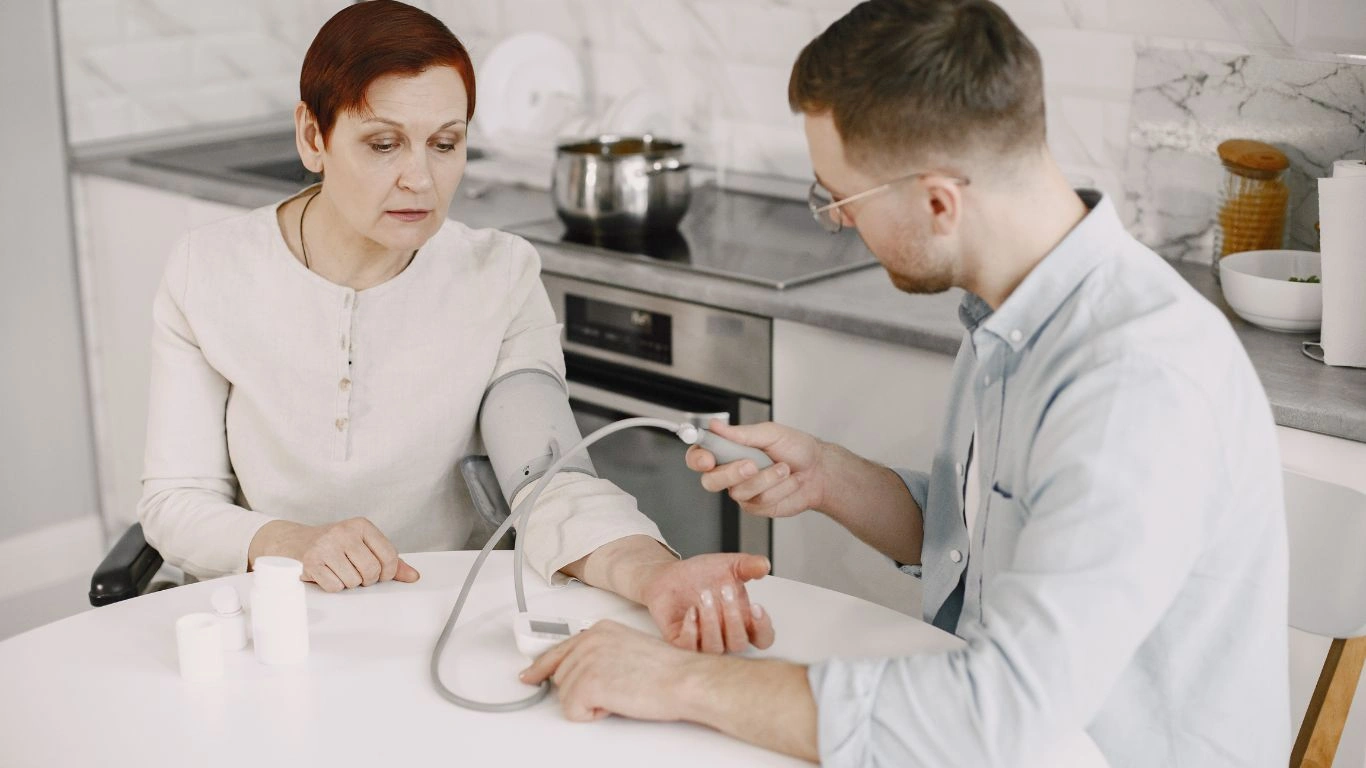
Conclusion
In conclusion, caffeine does have an impact on blood pressure, but for most people, the effect is temporary. If you’re someone with high blood pressure or caffeine sensitivity, it’s important to be mindful of your intake and monitor how your body reacts. Moderation is key—too much caffeine can increase your risk of hypertension, but a little bit might not hurt.
So, if you love your morning coffee or enjoy an afternoon tea, you don’t have to give it up completely. Just keep it in check and talk to your doctor if you’re concerned about how it’s affecting your health.
Appendices
References
- Smith, A., & Green, M. (2023). “Caffeine and Cardiovascular Health.” Journal of Hypertension, 45(3), 123-129. Read Article
- National Institute of Health (NIH). (2024). “Understanding the Effects of Caffeine.” NIH Health Reports. Read Article
- American Heart Association (AHA). (2024). “Caffeine and High Blood Pressure: What You Should Know.” Read Article
FAQs
- Does caffeine raise your blood pressure? Yes, caffeine can cause a temporary spike in blood pressure, but this effect is usually short-lived for most people.
- How much caffeine is safe if I have high blood pressure? It’s generally recommended to limit caffeine intake to 200 milligrams per day if you have high blood pressure.
- Can I drink coffee if I have hypertension? Yes, but it’s important to limit your intake and monitor how your body reacts.
- Does caffeine cause long-term hypertension? Regular caffeine consumption can increase the risk of developing high blood pressure over time, especially in sensitive individuals.
- Is decaffeinated coffee safe for people with high blood pressure? Yes, decaffeinated coffee is a good option for those with high blood pressure, as it contains minimal amounts of caffeine.
Disclaimer: The information provided in this article is for educational purposes only and should not be considered as medical advice. Always consult with a healthcare professional regarding your individual health concerns.

Dr. Gwenna Aazee is a board-certified Internal Medicine Physician with a special focus on hypertension management, chronic disease prevention, and patient education. With years of experience in both clinical practice and medical writing, she’s passionate about turning evidence-based medicine into accessible, actionable advice. Through her work at Healthusias.com, Dr. Aazee empowers readers to take charge of their health with confidence and clarity. Off the clock, she enjoys deep dives into nutrition research, long walks with her rescue pup, and simplifying medical jargon one article at a time.

